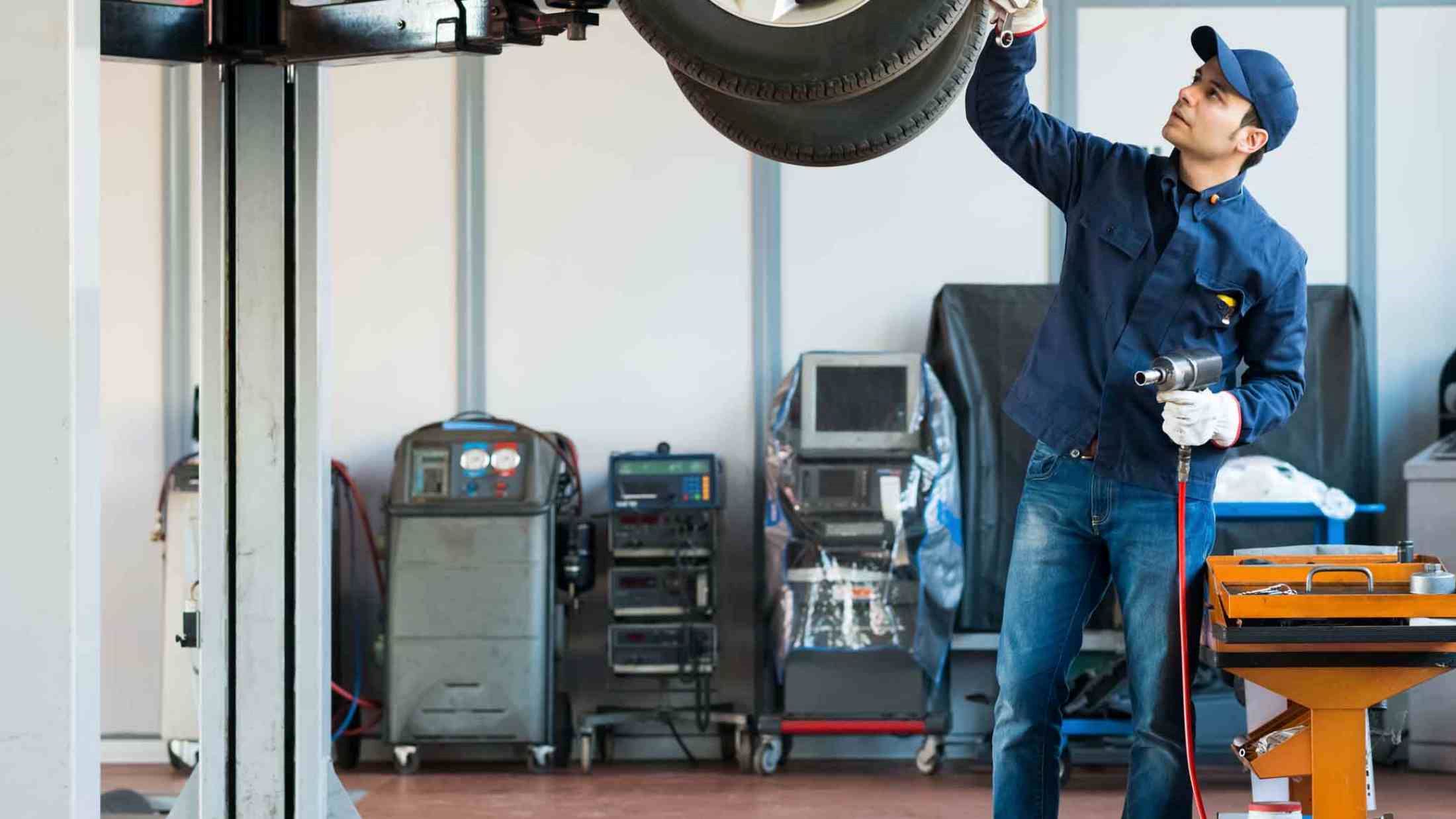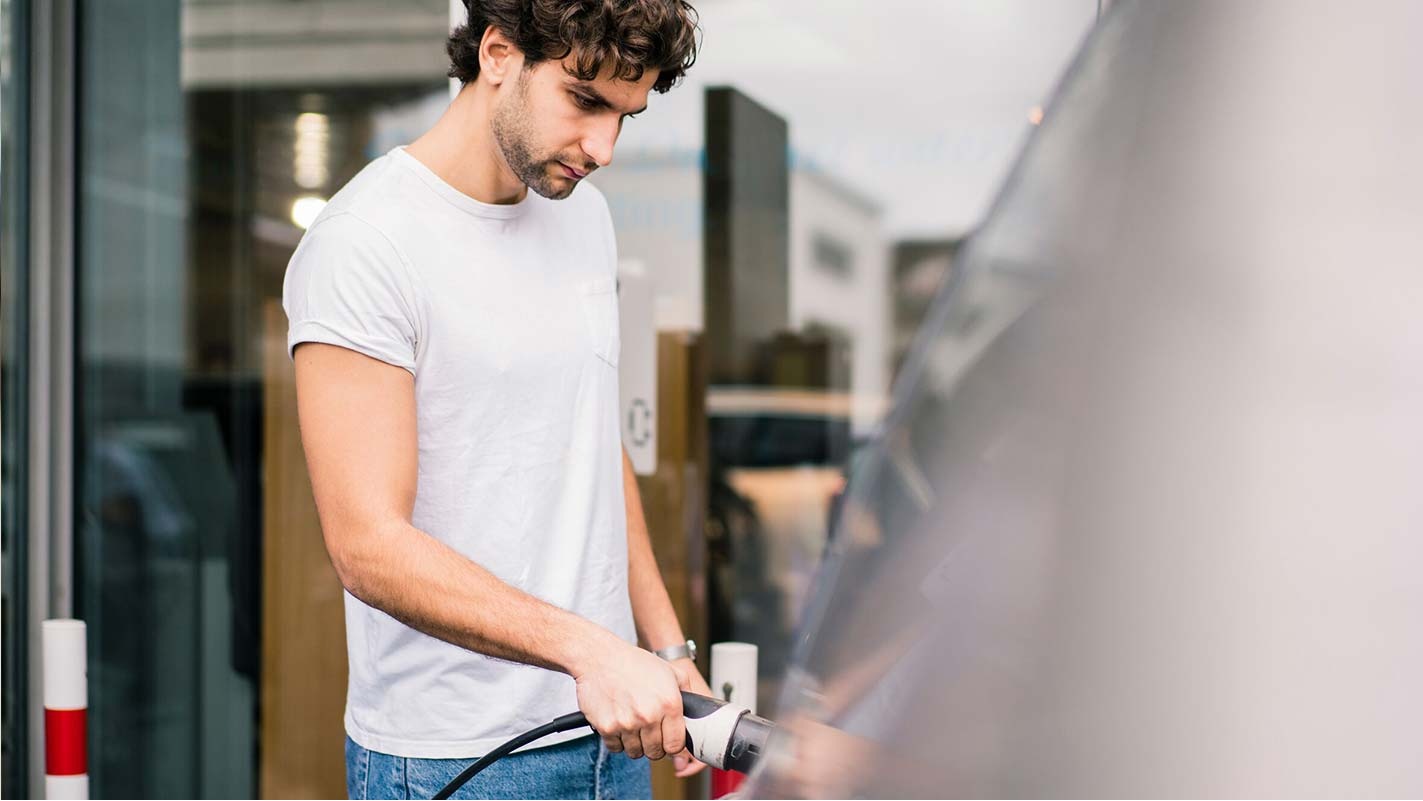To help you enjoy more miles of happy motoring, we’re sharing some of the benefits of regular car servicing.
In this article:
- Why should I service my car?
- What does a mechanic do when they service a car?
- How often should I have my car serviced?
- What type of service should my car have?
- Is a car service worth it?
Why should I service my car?
An MOT test is designed to keep your car safely on the road. But when you consider that more than a quarter of cars don’t pass their MOT first time, it’s not a bad idea to get a service before your test. That way, you can catch any issues that might come up in your MOT.
Beyond passing your MOT, there’s a whole host of reasons for you to have your car serviced regularly. Check out these other benefits:
- Reduced risk of breakdowns
A service will indentify wear and tear. This means parts can be replaced before they break, reducing the chances of breakdowns. - Increased safety
Your mechanic will spot any problems before they turn into a major safety hazard. - Warranty benefits
Having a full-service history is a useful thing. It could even come in handy if you need to increase the warranty of your car. - It keeps your engine healthy
A service will identify any oils and filters that need changing. This will help stop dirt and dust from getting into your engine, keeping it running nicely. - Increased fuel economy
Your car runs more efficiently when it's been serviced, saving you money at the petrol pump. - Longer vehicle lifespan
You'll get more miles out of a car that’s serviced regularly, reducing the need for an expensive upgrade - Lower emissions
Servicing checks maintain the exhaust system on your car, reducing its impact on the environment. - Tyre conditions and safety
Regular servicing will allow your tyres to be checked for condition and tread depth, helping to prevent accidents. This is particularly important during extreme weather. - Protect the car's re-sell value
If you ever decide to sell your car, you'll get a better re-sale price if you can provide a full service history for it.

What does a mechanic do when they service a car?
What your mechanic checks will depend on the level of service you ask for. In general, a service will include:
- Engine oil and filter change
This makes sure your drivetrain runs smoothly and extends the engine life. - Fluids checks
Topping up and replacing transmission fluid, brake fluid, power steering fluid, coolant, hydraulic fluid, and windscreen washer fluid. - Brake checks
Your mechanic will check your car's brakes to ensure everything is working as it should and nothing needs replacing. - Engine ‘tuning’
This helps your engine run efficiently, leading to a smoother drive. - Other manufacturer’s checks
These cover the suspension, shock absorbers, engine battery, lights, windscreen wipers, exhaust, wheel and steering alignment, etc.
Since each service level is different, be sure to check with your mechanic to see what’s included. And if you spot an issue in between services, you can ask your mechanic to do any of these checks on an individual basis.
How often should I have my car serviced?
How of you should get your car serviced depends on your manufacturer's recommendations. Generally it's time for a service as soon as your car's service light comes on. This is typically once a year, or every 12,000 miles – whichever comes first.
What type of service should my car have?
There are four typical levels of service offered by mechanics:
Regular maintenance (oil change)
If you regularly clock up a lot of miles, this should happen any time your oil and filter need to be replaced. This service will make sure everything stays running smoothly.
Interim service
An interim service is for high-mileage drivers and should be done every 6 months or every 6,000 miles – whichever comes first. It covers oil and filter changes, and fluid checks.
Full service
Your car will typically need a full service once a year, or every 12,000 miles, - whichever comes first. As well as the checks from an interim service, your mechanic will also check:
- Air and fuel filters
- Spark plugs (petrol cars)
- Extensive brake inspection
- Wheel bearings and shock absorbers inspection
- Electrical components (e.g., battery, alternator, and starter motor)
- Air conditioning
- Radiator and coolant hose
Manufacturer service
This service depends on your car's make and model. To get an accurate idea of when your car will need a manufacturer's service, ask your mechanic for more details.

Is a car service worth it?
It's not a legal requirement to service your car. But it will give you better value for money in the long run.
By having a mechanic maintain and replace car parts, you’ll reduce the chances of getting stung by a huge bill for major repairs when something goes wrong. Instead, you'll manage smaller repairs as they're needed. This will help you to stay on the road for longer and keep more money in your pocket.
As we mentioned earlier, a full service history will also protect your car's resale value. When you can show potential buyers you've taken good care of your car you’ll likely get a better price when you sell.
At AXA, we know how important it is to get from A to B. So, provided your car is roadworthy (including a valid MOT), AXA car insurance is here to help keep you on the move.












